The 2023 FIFA Women’s World Cup kicks off in Auckland this week, representing the biggest football tournament ever to be hosted in the Oceania region.
32 teams from around the world will compete to be crowned champions against a backdrop of rich pacific culture in both New Zealand and Australia.
Whilst New Zealand is the sole Oceania representative, there is a strong Pacific influence to be found from nations including Samoa, Papua New Guinea and Fiji.
Still only 20 years old, Australia’s Mary Fowler is heading into her second FIFA Women’s World Cup, having been selected for Australia in 2019 aged just 16, making her the youngest player at the tournament in France, where her nation advanced from the group stage before losing on penalties to Norway in the Round of 16.
Mary’s father Kevin is originally from Republic of Ireland but settled in the Pacific nation of Papua New Guinea, the home of her mother Nido. Mary herself was born in Cairns, after the family moved to Australia following a brief spell back in Ireland.
Now an integral part of the Matildas set-up, Fowler will experience her second FIFA Women’s World Cup™ in the home region of her mother whilst taking on her father’s homeland in the opening match of Group B in Sydney,
Auckland-born Grace Jale will be representing the Football Ferns as the first female player of Fijian heritage to compete for New Zealand at a FIFA Women’s World Cup.
Grace’s father is Fijian, with the midfielder born and raised in Auckland. She made her New Zealand debut at the OFC Women’s Nations Cup in 2018. Still only 24, Jale’s rise in Pacific football continues to gather pace, having signed for A-League Women’s side Canberra United following a successful spell in New Zealand at Wellington Phoenix.
Grace’s teammate in the New Zealand squad at this year’ FIFA Women’s World Cup™, Malia Steinmetz is another player of Pacific heritage with her mother’s side of the family hailing from Samoa.
Having grown up in Auckland, Steinmetz has previously spoken of the challenge of finding her identify as both a Kiwi and Samoan. Earlier this year, she got a traditional Samoan tatau (tattoo) on her right hand alongside her mother and grandmother, an experience she says helped her connect with her Samoan identity and increase her confidence as a role model to other Pasifika people.
“Trying to connect with my identity and my Samoan roots has been really important, so I think going out there and knowing who I am and having them (my family) being part of me is something I’m really proud of,” Steinmetz said.
She is also acutely aware of the positive influence having the World Cup in the Oceania region can be in encouraging kids across the Pacific to get involved.
“I think it’s everything, just to see it, having it on our front doorstep. It’s something I personally had with the U-17 World Cup being here, it influenced me to keep playing, so I know it’s going to reach out across New Zealand and the Pacific.”
As well as the world’s best women footballers on show over the coming month, the 2023 FIFA Women’s World Cup™ also promises to be an outstanding showcase of Pacific culture, from New Zealand, right across the entire Oceania region.
SOURCE@ OFC/PACNEWS





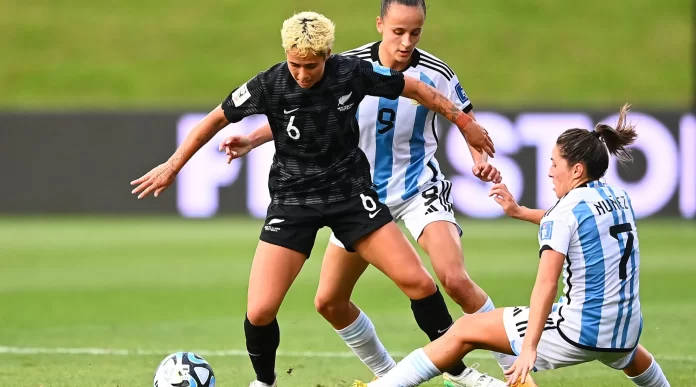


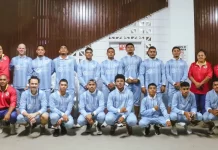
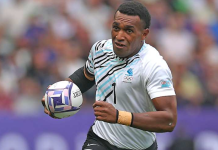
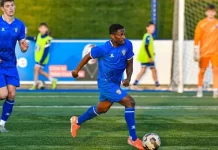
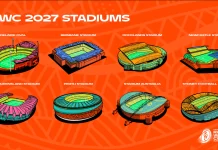






[…] with Fowler, New Zealand’s team had two players with Pacific heritage: Grace Jale, who has Fijian ancestry, and Malia Steinmetz, […]
[…] with Fowler, New Zealand’s team had two players with Pacific heritage: Grace Jale, who has Fijian ancestry, and Malia Steinmetz, […]